Exam practice
GCSE Biology: exam-style quiz by topic
Try this quiz based on GCSE Biology past papers. Choose the topic you would like to revise and answer the questions.
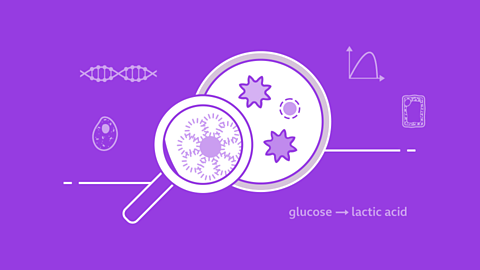
GCSE Biology: exam-style questions
OCR 21st Century GCSE foundation and higher triple science exam practice with Bitesize interactive quizzes covering feedback and common errors in cells, organisation and more.
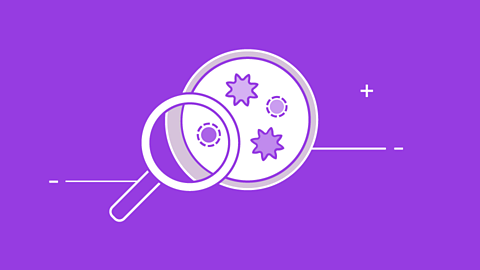
GCSE Biology: quick-fire questions
Foundation and higher exam quiz based on OCR 21st Century GCSE biology past papers to boost your revision in photosynthesis, respiration, plant disease and more.

Quizzes
QUIZ: Cell structure
This interactive quiz is suitable for GCSE Biology students studying cells and their structures.
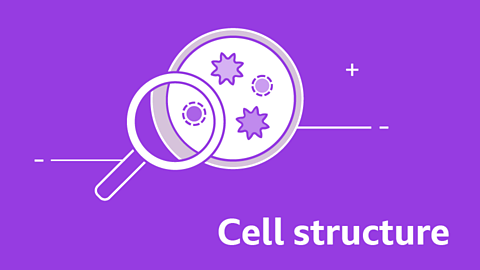
QUIZ: Types of cell
This interactive quiz is suitable for GCSE Biology (single science) students studying cells and the different cell types.
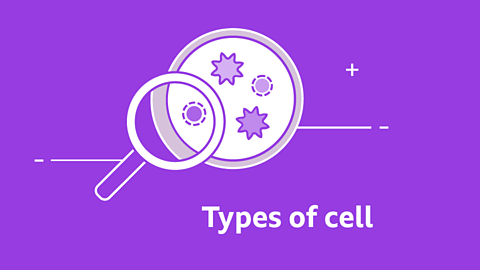
QUIZ: Cell division
This interactive quiz is suitable for GCSE Biology students studying cell division and the process of mitosis.
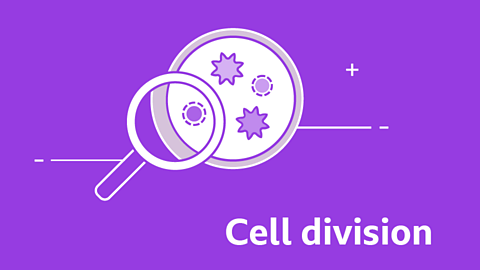
QUIZ: Transport in cells
This interactive quiz is suitable for GCSE Biology (single science) students studying transport in and out of cells.
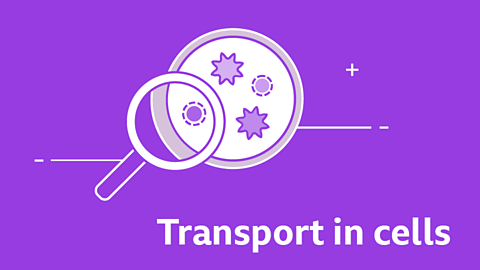
QUIZ: Hormones in human reproduction
This interactive quiz is suitable for GCSE Biology (single science) students studying the role hormones play in human reproduction.
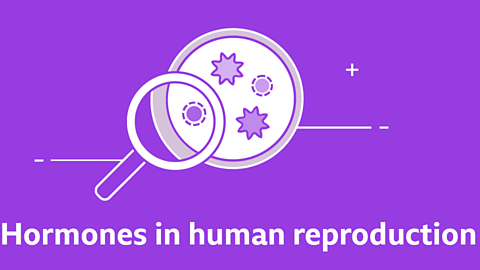
QUIZ: Plant hormones
This interactive quiz is suitable for GCSE Biology (single science) students studying hormones and how they promote growth in plants.
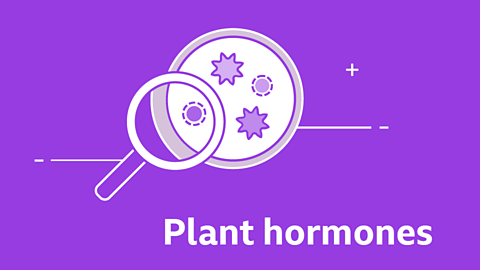
QUIZ: Plant disease
This interactive quiz is suitable for GCSE Biology (single science) students studying the physical and chemical defences plants have to combat diseases.
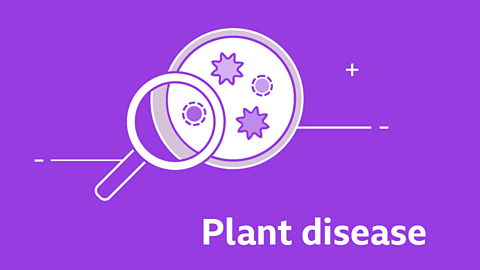
QUIZ: transport systems activity 1
This interactive quiz is suitable for GCSE Biology (single science) students studying transport systems in humans.
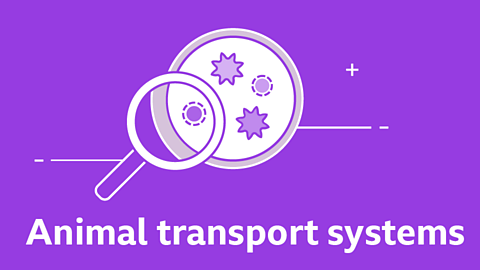
QUIZ: transport systems activity 2
This interactive quiz is suitable for GCSE Biology (single science) students studying transport systems and ways of managing cardiovascular disease.
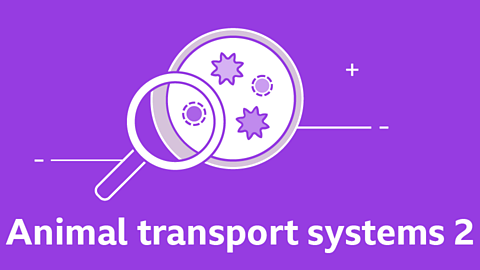
QUIZ: Plant organisation activity 1
This interactive quiz is suitable for GCSE Biology (single science) students studying plant structures, their functions and how substances are transported in and out of a plant.
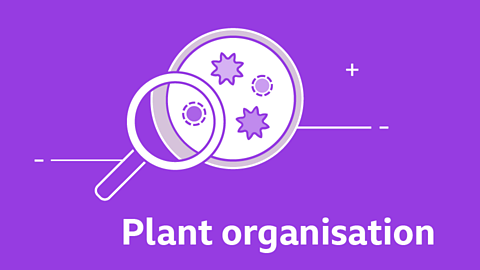
QUIZ: Plant organisation activity 2
This interactive quiz is suitable for GCSE Biology (single science) students studying plant organisation, exploring processes such as transpiration and osmosis.
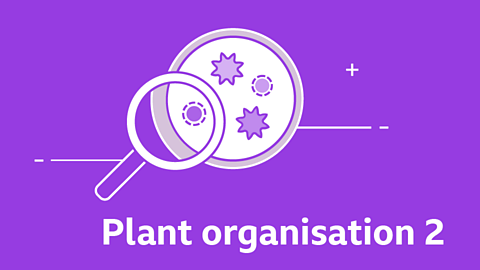
QUIZ: Non-communicable diseases activity 1
This interactive quiz is suitable for GCSE Biology (single science) students studying non-communicable diseases such as Type 2 diabetes and tumours.
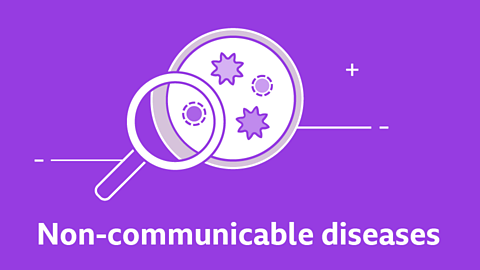
QUIZ: Non-communicable diseases: data analysis
This interactive quiz is suitable for GCSE Biology (single science) students studying non-communicable diseases and the role data analysis plays in reporting statistics.
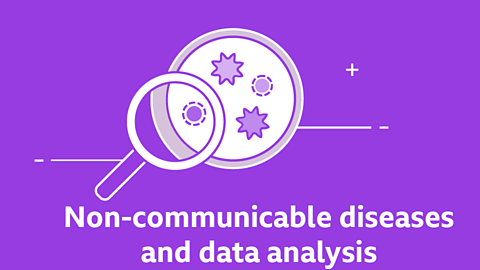
QUIZ: Classification of living organisms
This interactive quiz is suitable for GCSE Biology (single science) students studying how organisms have been classified into systems.
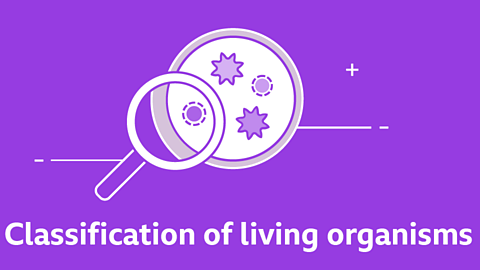
QUIZ: Biodiversity and the effect of human interaction on ecosystems
This interactive quiz is suitable for GCSE Biology (single science) students studying biodiversity and the impact human activity has on it.
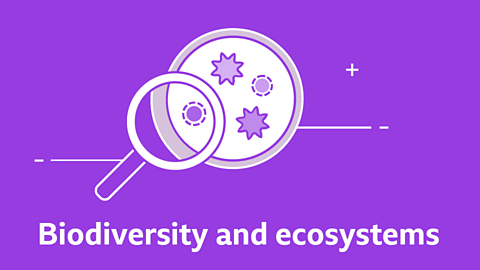
Podcasts
The Cell
All living things are made of cells, which is why they’re called the building blocks of life.
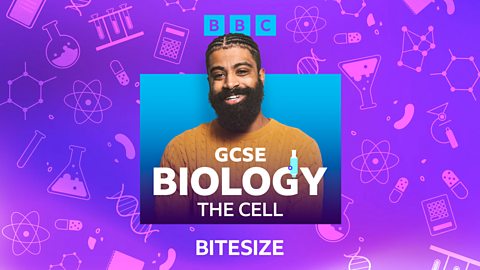
The organisation of plants and animals
Learn all about plant and animal organisation with Dr Alex Lathbridge.
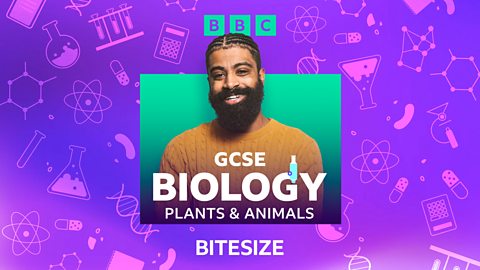
Infection and response
Learn all about infection and response for your GCSE biology exam with Dr Alex Lathbridge.
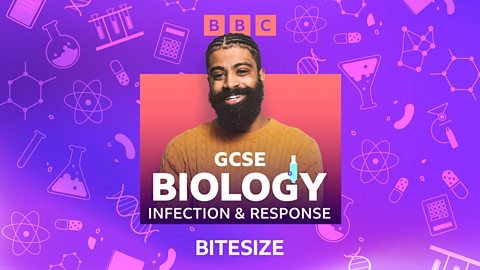
Homeostasis
Learn all about homeostasis for your GCSE Biology exam with Dr Alex Lathbridge.
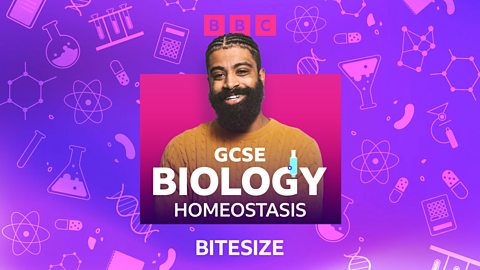
Inheritance, variation and evolution
Learn all about inheritance, variation and evolution for your GCSE Biology exam with Dr Alex Lathbridge.
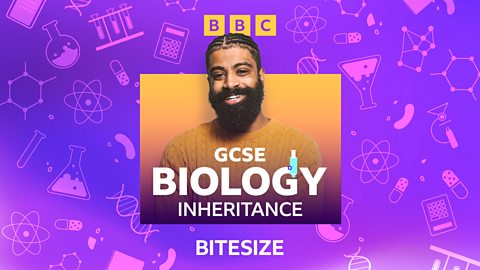
Ecology
Learn all about ecology for your GCSE Biology exam with Dr Alex Lathbridge.
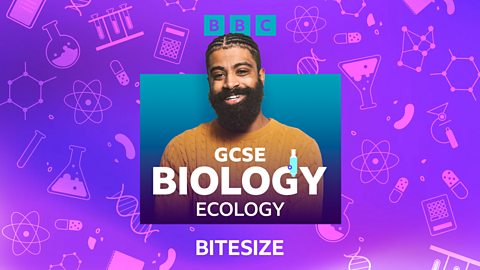
Science exam techniques
Learn all about science exam techniques for your GCSE science exams with Dr Alex Lathbridge.
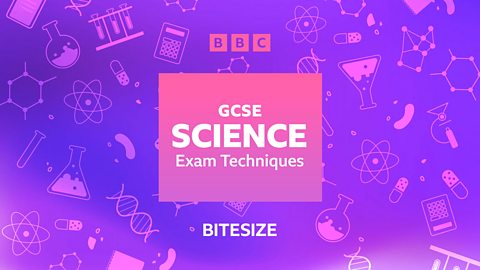
You and your genes
The key features of cells and their functions - OCR 21st Century
All living organisms are made of cells. Some contain only one cell. Others are multicellular and contain many cells.
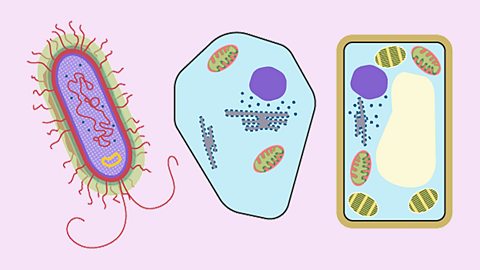
What is the genome and what does it do? - OCR 21st Century
Humans and other organisms look a lot like their parents. This is because they have inherited information from them. This information is stored in the genome of the organism.
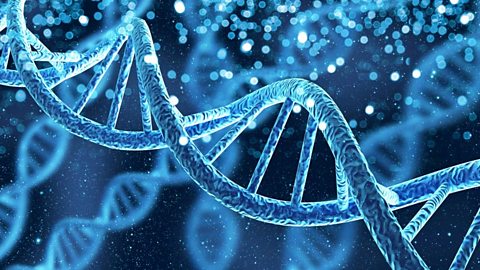
How is genetic information inherited? - OCR 21st Century
Our genes are inherited from our parents, and the different combinations of these genes make us unique. Genetic inheritance controls the characteristics of all living things.
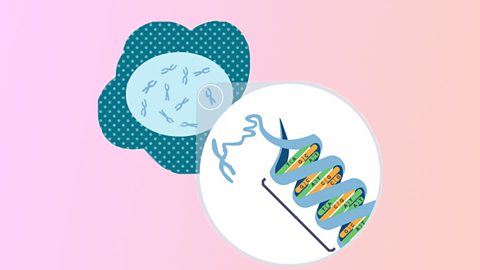
How can and should gene technology be used? - OCR 21st Century
Scientists are unlocking the secrets of the human genome as well as the genomes of other organisms. This means we can now find genes that serve particular roles or cause particular diseases.
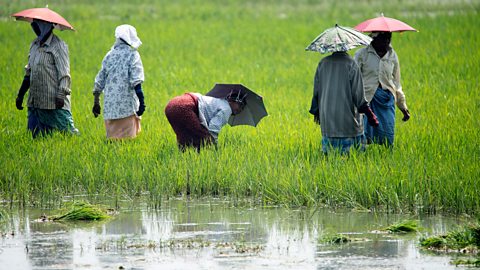
Sample exam questions - you and your genes - OCR 21st Century
Understanding how to approach exam questions helps to boost exam performance. Question types will include multiple choice, structured, mathematical and practical questions.

Keeping healthy
What are the causes of disease? - OCR 21st Century
Diseases are abnormal conditions that affect an organism’s body, organs, tissues or cells. Some are caused by pathogens, and organisms have defences to them.
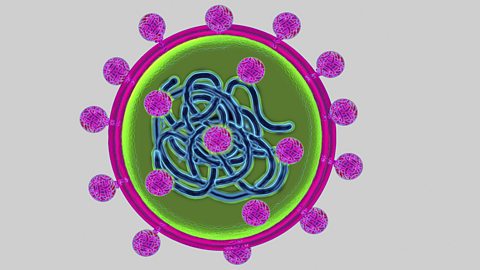
How can we prevent the spread of infection? - OCR 21st Century
There is a race between pathogens, which need to grow and reproduce in other organisms, and the organisms they infect. Humans use various ways to keep themselves and their crops free of disease.
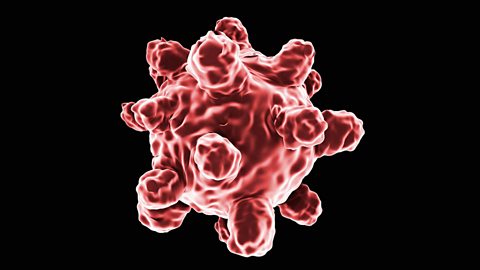
How can we identify the cause of an infection? - OCR 21st Century
There are many kinds of pathogens that cause infections. Scientists use a variety of tests to learn more about the pathogen causing an individual's disease in order to identify it.
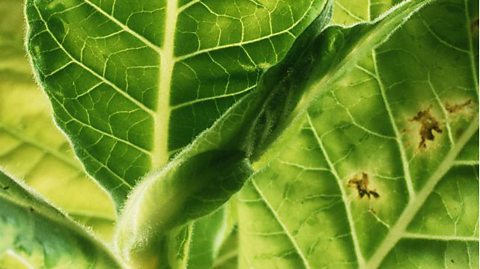
How can lifestyle, genes and environment affect health?
Our genomes interact with our environment to create our phenotypes. While some aspects of our environment are beyond our control, scientists are realising that lifestyle interacts with the genome too.

How can we treat disease? - OCR 21st Century
Humans have used medicines for centuries. Most have come from plants and fungi, but increasingly they are being synthesised with chemical reactions.
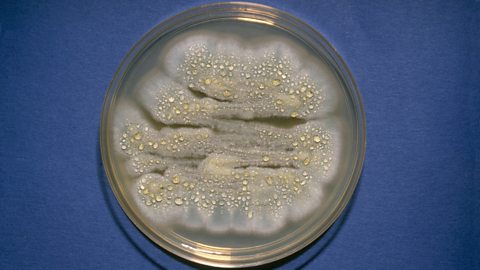
Sample exam questions - keeping healthy - OCR 21st Century
Understanding how to approach exam questions helps to boost exam performance. Question types will include multiple choice, structured, mathematical and practical questions.

Living together - Food and ecosystems
What happens during photosynthesis? - OCR 21st Century
Plants make their own food using photosynthesis. The food is important for the plants and for organisms that feed on the plants. Optimum rates of photosynthesis produce maximum plant yields.
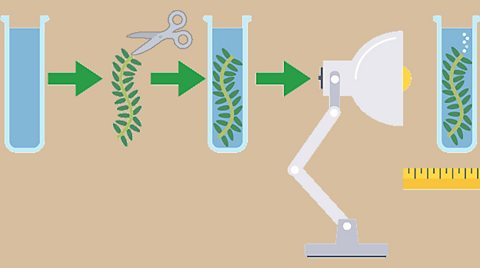
How do producers get the substances they need? - OCR 21st Century
For an organism to function, substances must move into and out of cells. Three processes contribute to this movement – diffusion, osmosis and active transport.
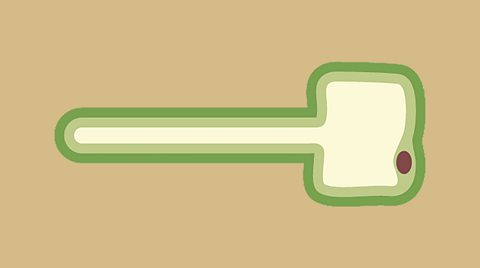
How do producers transport substances they need? - OCR 21st Century
During transpiration plants move water from the roots to their leaves in xylem vessels. Glucose made in the leaves through photosynthesis is then moved to all cells in phloem vessels by translocation.
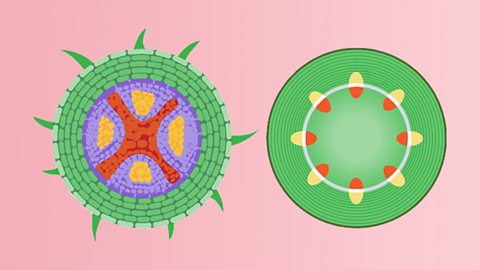
How are organisms in an ecosystem interdependent? - OCR 21st Century
Carbohydrates, proteins and lipids are required by humans. The digestive system breaks down large molecules. Nutrients are passed to other organisms in a food web. Enzymes are biological catalysts.
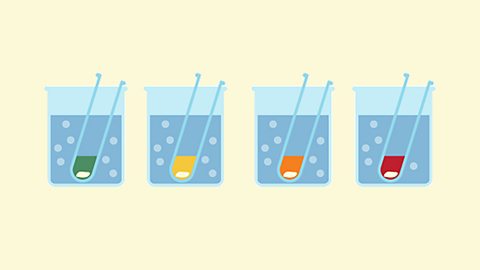
How are levels maintained within an ecosystem? - OCR 21st Century
Plants compete for light, water, minerals and space. Animals compete for food, mates and territory. Decay is the breakdown of organic matter and is affected by temperature, water and oxygen.
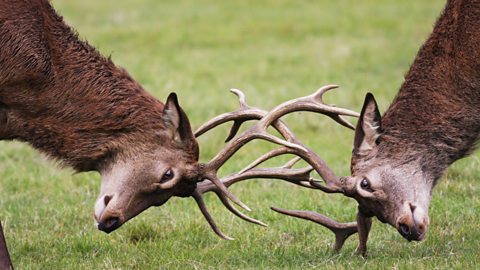
How are populations affected by conditions in an ecosystem?
The abundance of organisms in an ecosystem is dependent upon biotic (living) and abiotic (non-living) factors. Abundance and distribution are estimated using techniques such as transects and quadrats.
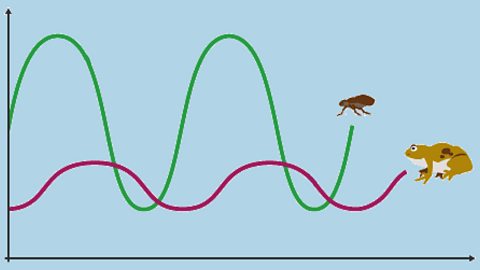
Sample exam questions - living together - OCR 21st Century
Understanding how to approach exam questions helps to boost exam performance. Question types will include multiple choice, structured, mathematical and practical questions.

Using food and controlling growth
What happens during cellular respiration? - OCR 21st Century
All cells need energy to survive. They obtain this energy by carrying out a series of chemical reactions that are collectively known as respiration.
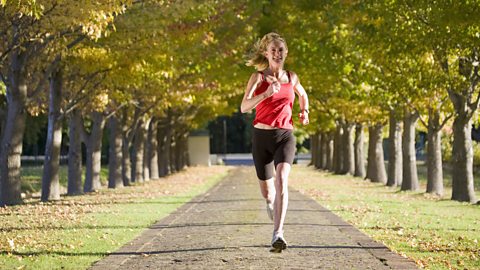
How do we know about mitochondria and other cell structures?
The development of microscopes, particularly the electron microscope, has helped scientists to learn more about how cells function.
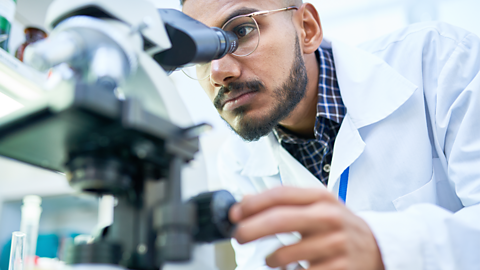
How do organisms grow and develop? - OCR 21st Century
Multicellular organisms grow by increasing the number of cells they have. This relies on the processes of cell division and differentiation.
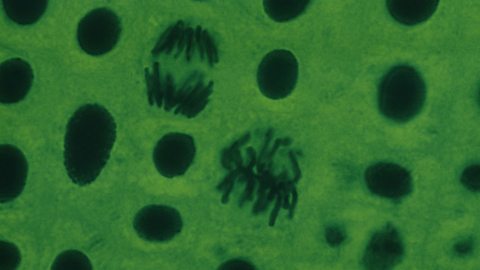
How is growth controlled in plants? - OCR 21st Century
Plants release hormones that are vital for their correct growth and development. This helps them to respond to their environment.
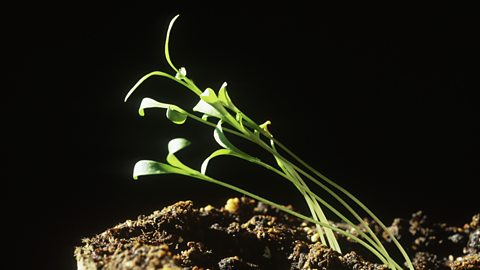
Sample exam questions - using food and controlling growth
Understanding how to approach exam questions helps to boost exam performance. Question types will include multiple choice, structured, mathematical and practical questions.

The human body - Staying alive
How do substances get into, out of and around our bodies?
Cells carry out chemical reactions that are essential for organism survival. The substance needed for the reactions have to get into the cells and waste products must be removed from the cells.
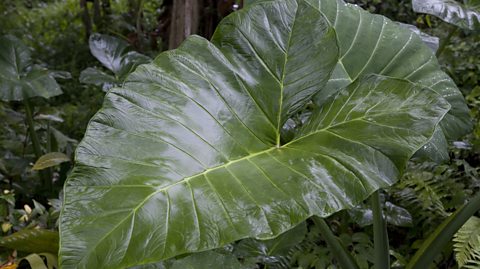
How does the nervous system help us respond? - OCR 21st Century
Survival of an organism depends on its ability to respond to changes in the environment. The nervous system allows fast-acting but short-lived responses.
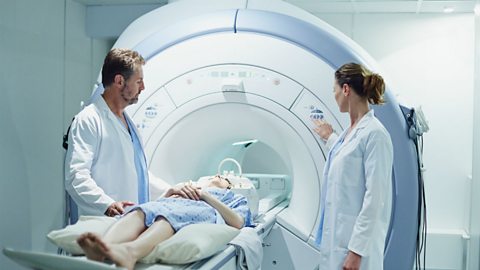
Why do we need to maintain a constant internal environment?
Organisms can only function if their internal conditions are kept within a specific range. This is called homeostasis. The endocrine system secretes hormones for homeostasis to occur.
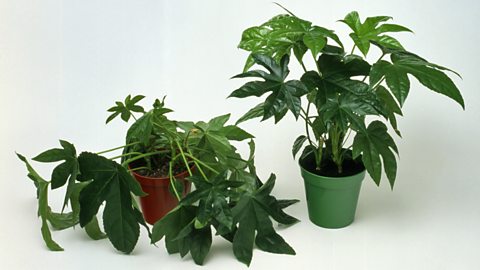
What role do hormones play in human reproduction? - OCR 21st Century
Hormones are vital to enable sexual reproduction in humans. There are a range of hormones that interact to cause puberty in males and females, and to prepare a woman’s reproductive system for pregnancy.
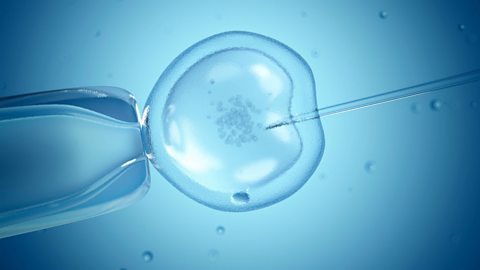
What can happen when organs & control systems stop working?
The control systems that keep our bodies functioning are very complicated. Sometimes they do not work efficiently, which can lead to illness.
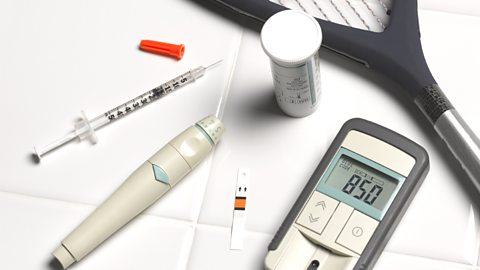
Sample exam questions - the human body - staying alive
Understanding how to approach exam questions helps to boost exam performance. Question types will include multiple choice, structured, mathematical and practical questions.

Life on Earth - Past, present and future
How was the theory of evolution developed? - OCR 21st Century
Genetic variation, as well as changes in the environment, cause characteristics of organisms to change over time. This process of natural selection leads to the evolution of new species.
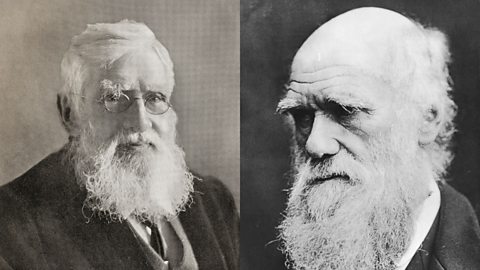
How does understanding biology help us classify organisms?
Advances in biological techniques have had a huge impact on the way that scientists classify organisms on Earth. They have helped us to find out to what extent organisms are related to one another.
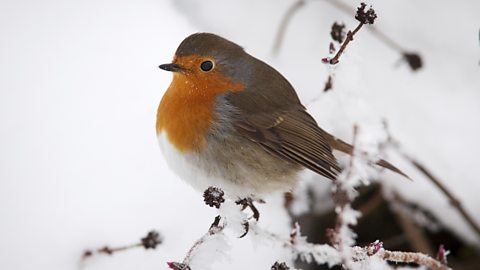
How is biodiversity threatened and how can we protect it?
All organisms depend on other organisms and the environment to live. Human activities can result in ecosystems being damaged. Conserving biodiversity will make sure we have the resources we need.
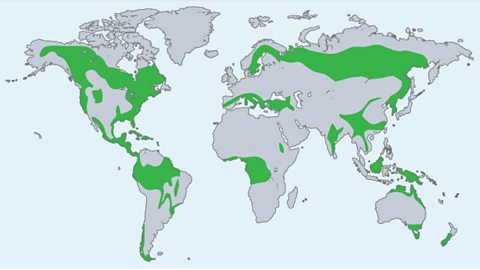
Sample exam questions - life on Earth - past, present and future
Understanding how to approach exam questions helps to boost exam performance. Question types will include multiple choice, structured, mathematical and practical questions.

Ideas about Science
What needs to be considered when investigating a phenomenon?
In general, scientists answer questions or work out explanations based on repeatedly collecting and analysing data. The way in which scientists develop explanations is known as the 'scientific method'.
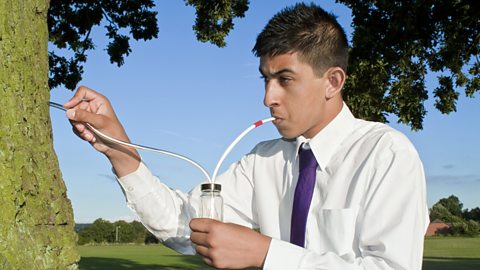
What processes are needed to draw conclusions from data?
Scientific data is collected, presented and then analysed. It is important to evaluate the quality of data before drawing a conclusion.
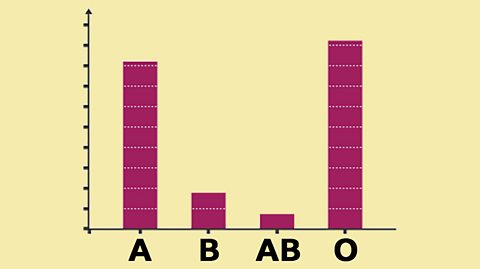
How are scientific explanations developed? - OCR 21st Century
Data shows a correlation if the change in a factor is similar to the change in an outcome. Scientists must find a scientific explanation to conclude that a particular factor causes an outcome.

How do science and technology impact society? - OCR 21st Century
It is important that scientists communicate their work with the public, other scientists and politicians. This means decisions can be made that consider the risks, benefits, costs and ethical issues.
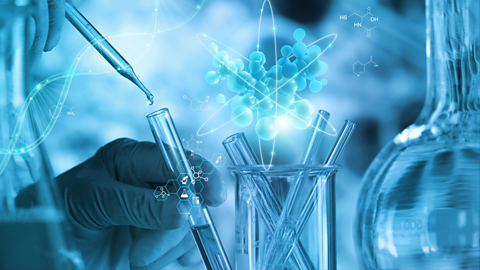
Practical skills
Practical skills
Scientific investigations have several stages - planning, collecting data, analysing data and evaluation. It is important to understand how to carry out each stage of the investigation.
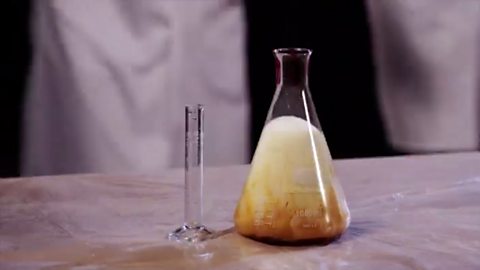
Links
- External linkExternal link
- External linkExternal link
- SubscriptionSubscription
- External linkExternal link
- External linkExternal link
- SubscriptionSubscription
- External linkExternal link
- External linkExternal link
- SubscriptionSubscription